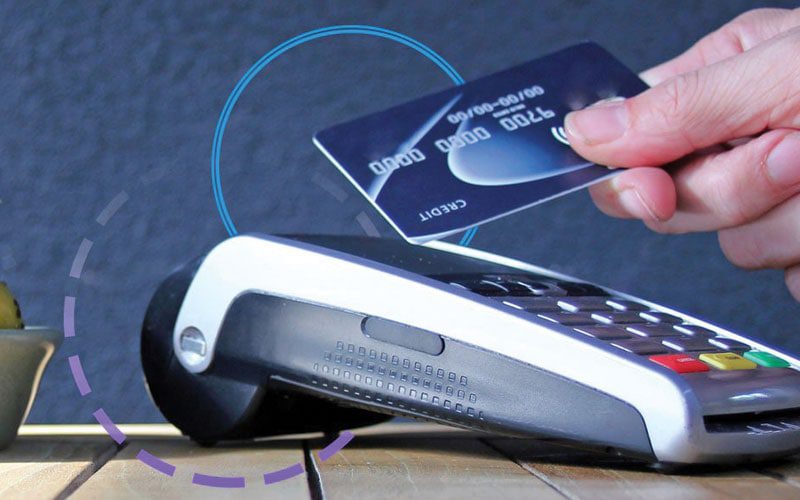In the rapidly evolving world of food service, restaurants must do more than just serve great food. Operational efficiency, customer satisfaction, and data-driven decision-making have become essential to success — and that’s where modern Point-of-Sale (POS) systems come in.
Gone are the days when a POS system was just a cash register. Today’s restaurant POS platforms are intelligent, cloud-based tools that help businesses streamline their operations, reduce human error, and better understand customer behavior. Whether you’re running a single local eatery or managing multiple locations, a robust POS system is one of the most powerful investments you can make.
The Shift from Transactional to Transformational
Traditionally, POS systems were primarily used to process transactions and print receipts. While that core function remains, modern systems have evolved into comprehensive management platforms. They now integrate with inventory, CRM, staff scheduling, mobile ordering, and even online delivery services.
These features don’t just make operations smoother; they allow restaurant owners to make strategic decisions in real-time.
Customer Experience Is the New Battleground
For example, in the restaurant industry, customer strategy goes beyond service and extends into operational excellence. Owners looking into how to improve restaurant performance can leverage customer insights to optimize menus, streamline ordering systems, and enhance dining experiences. This not only increases efficiency but also strengthens customer loyalty by ensuring every visit feels personalized and valuable.
By collecting data on ordering habits, table turnover, and peak times, POS systems can offer actionable insights that improve service speed and reduce waste — two factors that directly affect customer satisfaction and profitability.
Key Features to Look For in a Restaurant POS System
If you’re considering upgrading your current setup, here are some must-have features in a modern POS solution:
- Cloud-Based Access: Manage your business from anywhere, with data syncing across all devices and locations.
- Mobile Ordering: Empower customers to order directly from their phones or tablets, improving speed and accuracy.
- Inventory Management: Automatically track stock levels, set reorder alerts, and monitor usage patterns.
- Table Management: Organize seating, reduce wait times, and increase table turnover efficiently.
- Integrated Payments: Accept all payment types, including digital wallets and contactless cards, securely and swiftly.
- Loyalty Programs: Reward repeat customers with tailored offers, increasing retention and revenue.
Setting Up Your Restaurant Business Right
Before you even reach the stage of choosing the best POS system, it’s crucial to ensure your restaurant is legally and structurally ready to operate. Entrepreneurs planning to set up business in the hospitality industry must go through the proper business registration process to avoid compliance issues and build a strong foundation for growth.
Working with expert partners during this phase can save time and reduce legal risks, ensuring your operations are fully aligned with local regulations.
POS as a Profit Center, Not a Cost
A common misconception is that POS systems are a costly necessity rather than a value-adding asset. The reality is that, when used effectively, a good POS system pays for itself many times over — through increased efficiency, lower labor costs, better inventory control, and enhanced customer experience.
Final Thoughts
In a competitive food service market, the ability to operate smartly and adapt quickly can make or break a restaurant. POS systems are no longer just optional tech upgrades — they’re essential tools for sustainable growth. Whether you’re aiming to optimize internal processes or improve guest satisfaction, investing in the right POS system is a smart, future-ready move. read more



































